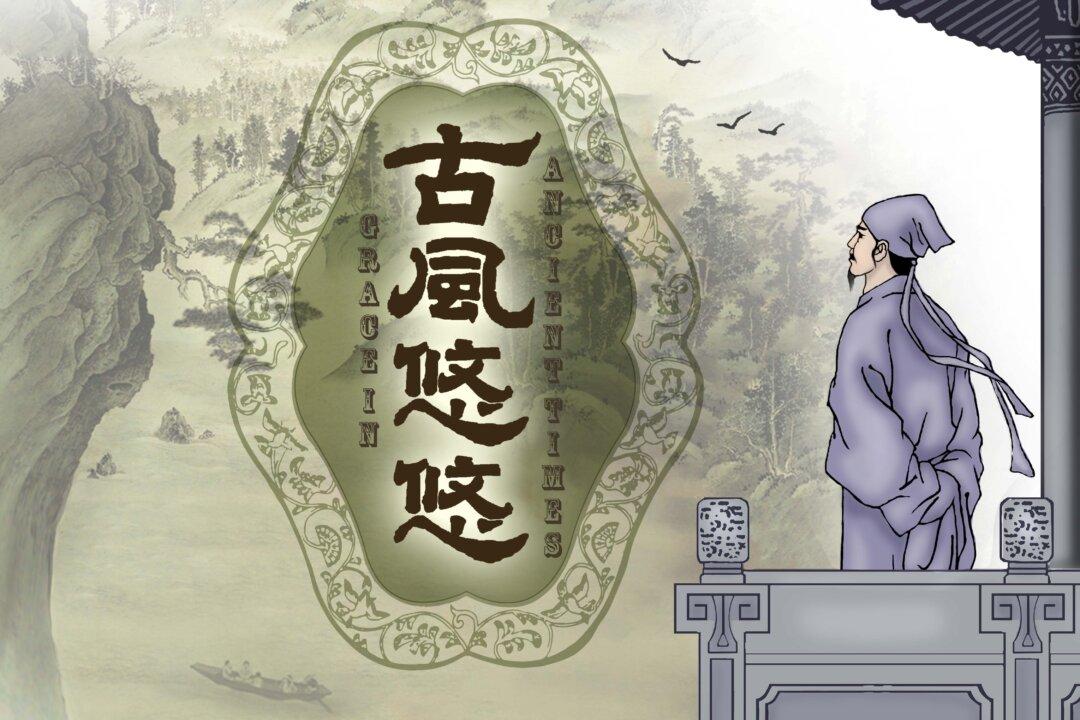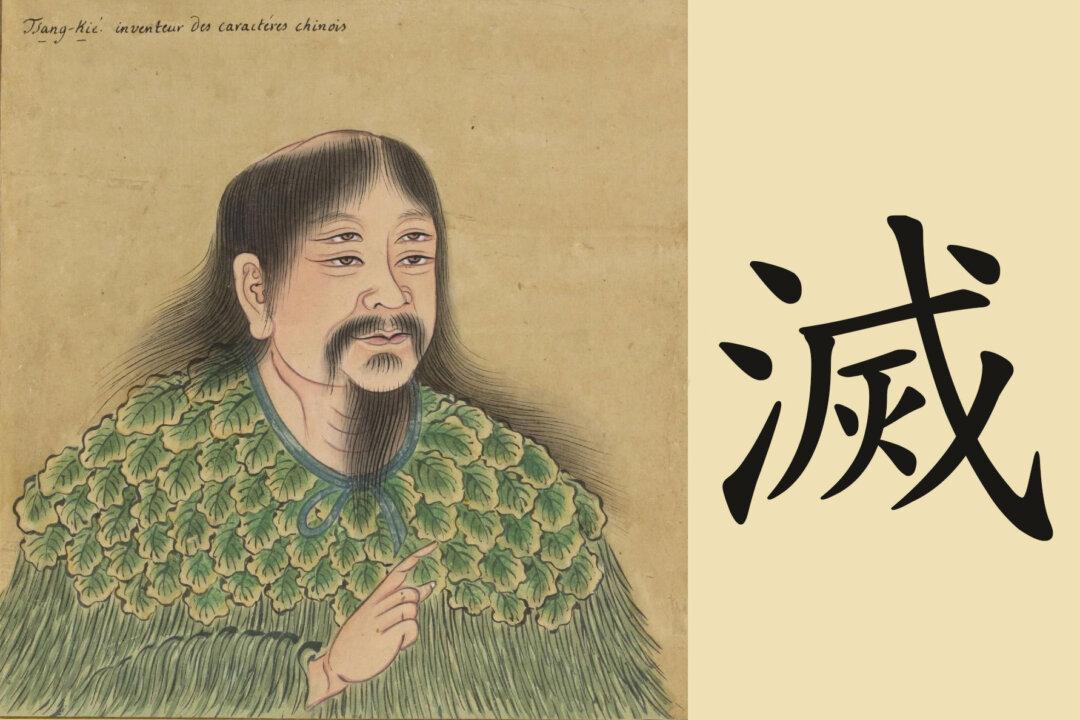Impartiality is an important moral ideal, whereby one refrains from giving preferential treatment to anyone but rather treats everyone fairly and justly. It requires putting aside personal interests and biases, such as feelings for friends and family, negativity toward opponents and even enemies, or prejudice in favor of or against anyone based on background, social standing, or other characteristics.
This theme is portrayed in a story from ancient China about a man named Qi Xi, who was a senior officer of the state of Jin during the Spring and Autumn Period (771–476 B.C.).





